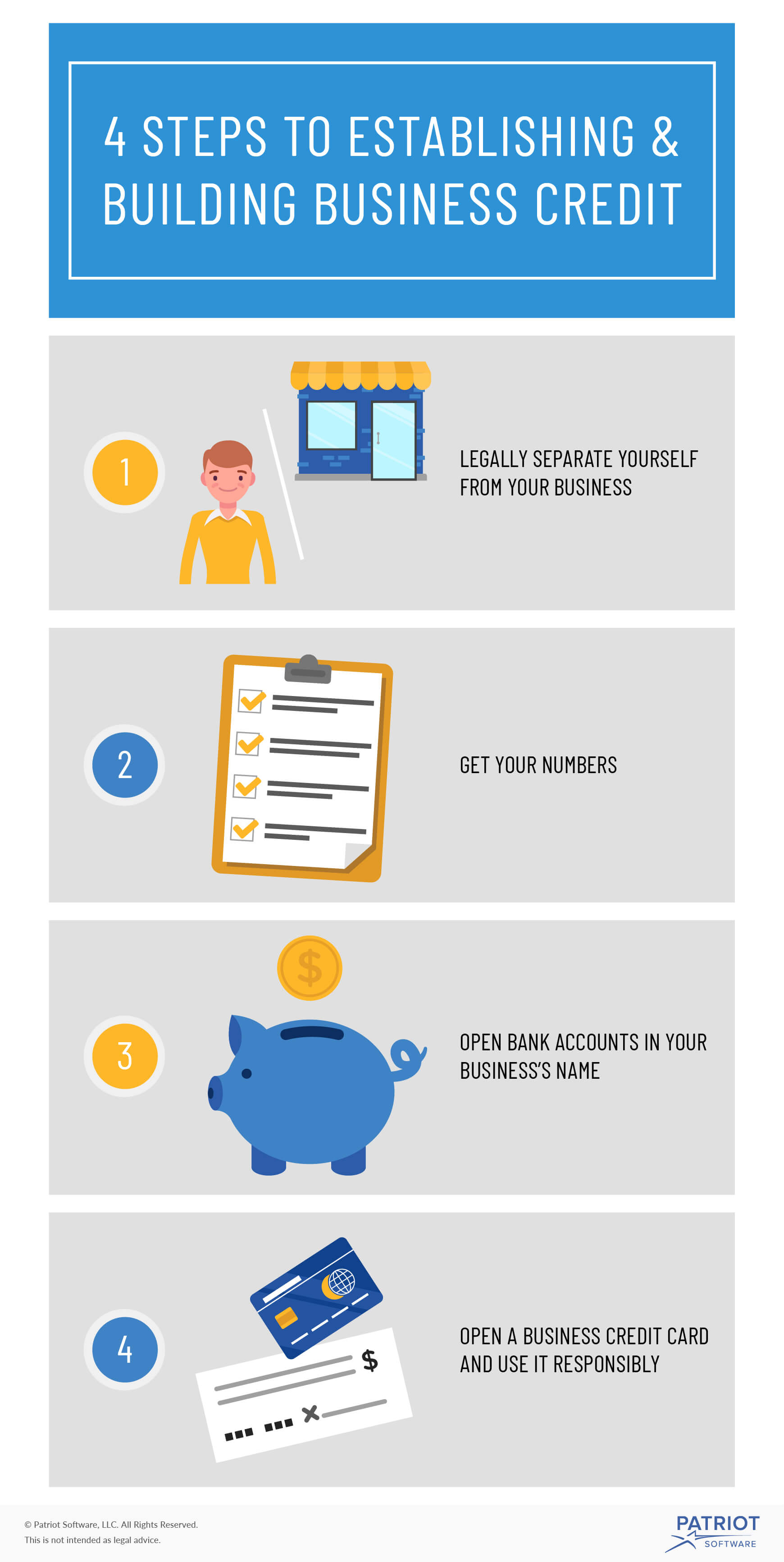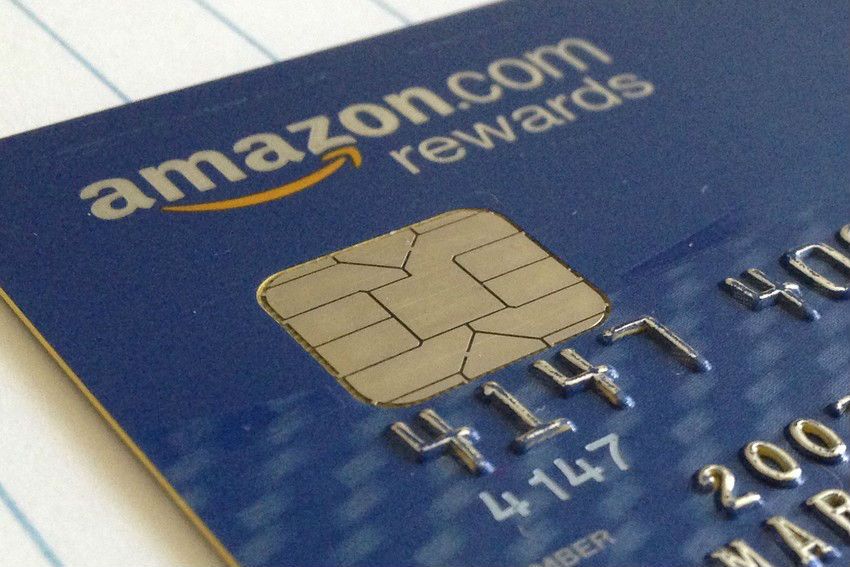Small businesses commonly cite a lack of monetary capital as a major obstacle to their development and survival. Loans offer a favorable solution to small business owners as they provide the necessary funds. They can also allow retention of control over the business. There are a variety of loans in the market including traditional business loans and SBA-guaranteed loans. The bank sees loans guaranteed by the Small Business Administration as less of a risk, meaning they are more likely to issue you business credit.
However, a credit report check is required for an approval of an SBA loan. Building business credit opens more financial opportunities for your business. As you build business credit, more favorable credit card and loan offers become available.
What are business credit scores?
Business credit, which is also known as commercial credit, is a pre-approved amount of money issued by a lender to a business to assist in financing.
A company’s business credit is represented by business credit scores. These scores are numerical indicators that gauge whether a company is a good candidate to lend money to or to do business with. Similarly to personal credit scores, credit issuers look at your business’ credit scores when deciding if and how much credit they’ll grant.
Business credit scores are calculated by three major business credit bureaus: Dun & Bradstreet, Experian Business, and Equifax Business. Each bureau calculates its business credit scores independently. Dun & Bradstreet and Experian business credit scores are expressed on a scale of 0 to 100. The Equifax scoring system ranges from 101 to 816. Higher numbers represent better business credit scores.
While each bureau uses a different algorithm to calculate their business credit score, there are a number of common factors that are taken into account. These include:
- Your company’s payment habits
- Outstanding company balances
- Credit utilization
- The number of past trade experiences your company has participated in
- Business demographics such as size, age, and lines of business
- Delinquencies like collections, small business bankruptcies, and liens
4 Steps to establishing and building business credit
Despite similarities, business credit is not the same as personal credit. Unlike personal credit, business credit takes more proactivity to establish. Here are four steps to help you on your path to building your business credit.

1. Legally separate yourself from your business
Incorporation makes your business its own separate legal entity, distinct from the owners who created it and work for it. This is generally done on a state level, with most states requiring you to register with a Secretary of State’s Office or a business agency or bureau.
Incorporating might make it easier to build business credit and raise investment capital. And, separating yourself from your business means you are no longer legally liable for the actions of the corporation.
2. Get your numbers
An IRS-issued Employer Identification Number (EIN) is used to track your business for tax and credit purposes. It’s required to pay federal taxes, hire and pay employees, and apply for business permits and licenses. It’s free to obtain an EIN. An EIN application can be completed through the IRS website.
You might also decide to sign up for a Data Universal Numbering System (D-U-N-S) number, which is used to identify businesses and their credit scores. A D-U-N-S number is used in the context of identifying a business’ credit report. It’s one of the most widely used business identification numbers in the United States and is regularly used by lenders to perform credit checks. To receive a D-U-N-S number, register and set up a company profile using the Dun & Bradstreet website.
3. Open bank accounts in your business’s name
Opening a business bank account is necessary for separating and managing your personal and business finances. Use a taxpayer identification number, like your newly received EIN, to open the account.
4. Open a business credit card and use it responsibly
Utilizing business credit cards in a disciplined and informed manner is a great way to increase your business’ credit scores and help finance your company. Along with a potential increase in business credit, business credit cards offer advantages such as:
- Higher credit limits than personal credit cards
- Easier separation of personal and business costs
- Rewards such as points and cash back on business expenses
- Benefits such as purchase protection, extended warranties, and merchandise discounts
- Makes managing small business cash flow easier by giving 20-30 days to pay business expenses without interest
- Travel-related perks such as travel credits, travel insurance, free hotel stays, and elite member status with certain hotels and airlines
Different business credit cards provide varying benefits and rewards, so make sure to do your research and choose the card that best fits your business. Remember, there is no such thing as a one-size-fits all business credit card.
Also, be sure to familiarize yourself with all the terms that come with a business credit card. Make sure you know the card’s due date, interest rates, and any fees associated with the account. Remember to pay all your bills on time and in full, and keep your credit card utilization low.
Conclusion
When contemplating whether to finance your business through credit cards, you should always be completely informed. Aim to understand both the positives and potential pitfalls, and always act responsibly around credit.
When making card payments on time and in full, business credit cards can offer a fantastic opportunity to increase your business’ credit scores and help you secure more credit in the future.
These views are made solely by the author.
